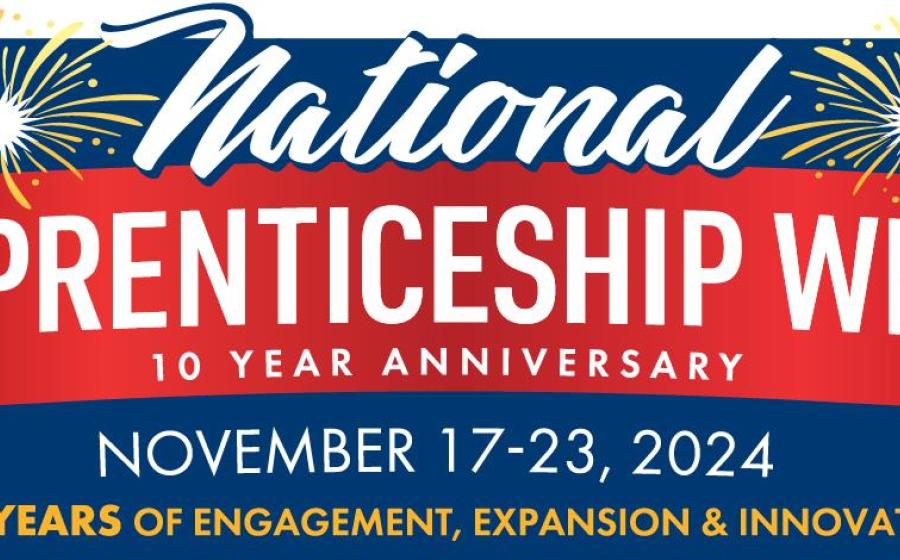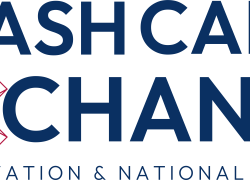BookTrib’s Bites: Curl Up With These Four Fantastic Reads
(NewsUSA) -
-  Covet the Chaos by Caleb Shawn Sully
Covet the Chaos by Caleb Shawn Sully
Based on a true story. Emerging from his service in Iraq, a soldier seeks redemption and solace by joining the Peace Corps and volunteering in Ukraine, only to grapple with the weight of his experiences and the shifting landscape of his moral compass. He finds he must set aside idealistic notions of escape and atonement and confront the ghosts of his past and the complex reality of the present. The saga delves into his journey of assimilation and self-discovery.
His attempts to forge connections—particularly with the enigmatic Katya and the volatile Sgt. Ramsey—serve to unearth deeper layers of pain and resilience. As a consequence of his journey throughout the battlefields of Iraq and the post-Soviet world of a quaint Ukrainian village, he comes to terms with the nature of suffering and the pursuit of meaning in a world marked by chaos and uncertainty. Purchase at https://bit.ly/3XlicYS.
 A Wink at Coronavirus by Kiran Katib
A Wink at Coronavirus by Kiran Katib
"Hope in the times of Pandemic" is Kiran Katib's heartfelt response to a world turned upside down by COVID-19. This children's book is her endeavor to demystify the challenges of the pandemic for young minds, offering clarity and comfort through engaging narratives. Her stories are crafted with a delicate balance of education and hope, guiding children to a place of understanding and resilience. With each page, she encourages her readers to look beyond the present and toward the horizon filled with promise and endless possibilities.
The author’s narrative is one of heartfelt transformation, from the serenity of village life to the vibrant pulse of urban education. Rooted in the values of a small town, she found solace and inspiration in the art of storytelling. As a mother of a bright 12-year-old boy, hard transition through life's stages has been mirrored in her son's growth. Purchase at https://bit.ly/3T7Ntfb.
 Authenticity and Grace by David Smith PhD
Authenticity and Grace by David Smith PhD
This concise guide demonstrates how to uncover our “authentic life.” Beyond traditional psychology and religion lies the ever-extraordinary power of Grace. Understanding how Grace unfolds as our individual life reveals our true purpose. Dr. Smith teaches us how to identify and use what he calls “Gracepoints” to remove the barriers such as anxiety, depression, fear, and despair that keep us from seeing how the natural power of Grace unfolds in our lives.
The best news of all: Grace is free. Everyone has access to their authentic lives — the only requirement is to get out of the way, bypassing the ego and conditioned thinking covering up our authentic selves. This powerful guide shows us clearly what Grace is, how it can heal, and how we restore the awareness, energy, and the lost sense of wonder which makes us truly individual and human. Purchase at https://bit.ly/4d6bgn8.
 Triumph to Tragedy, Book Four by Daniel J.D. Bayard
Triumph to Tragedy, Book Four by Daniel J.D. Bayard
This book marks the continuing chronicle of the first (and only) successful slave revolution in the world, ultimately spawning the Republic of Haiti. The story is hardly a fairy tale, as the factual events are all too true. It recounts the circumstances and individuals purposely ignored by world history texts for far too long. The books are brimming with romance, intrigue, war, and political betrayal, all seductive page-turners that entertain and educate readers, countrymen, and history buffs alike.
After 13 years of constant turmoil, the Bayard family has deftly navigated their lives through the ever-shifting political landscape. Death and destruction loomed at every turn for Jean and Marie, determined to carve out their success despite all odds. Book Four opens after their victory over Napoleon Bonaparte’s French army. They soon realize establishing stability and peace may be more challenging than fighting for their freedom.
Purchase at https://www.triumphtotragedy.com/triumphtotragedybookstore.


 - The popularity of deep-fried turkey continues to rise and it’s no wonder, a 12-pound turkey takes less than 45 minutes to cook! The rule of thumb is 3.5 minutes per pound. Home cooks no longer have to be intimidated by the idea of deep frying. Chef Kyle Andreasen from the Wesson cooking oil test kitchen, shares his secrets to deep fried turkey perfection.
- The popularity of deep-fried turkey continues to rise and it’s no wonder, a 12-pound turkey takes less than 45 minutes to cook! The rule of thumb is 3.5 minutes per pound. Home cooks no longer have to be intimidated by the idea of deep frying. Chef Kyle Andreasen from the Wesson cooking oil test kitchen, shares his secrets to deep fried turkey perfection. 

 - Seattle, WA – iLocal, Inc., a leader in website development and search engine optimization (SEO), announces its latest suite of services designed to help businesses maximize online visibility, increase customer engagement, and drive measurable growth. Known for its innovative digital solutions, iLocal, Inc. combines a personalized approach with industry-leading technology to deliver high-quality, fully optimized websites that rank well in search results and convert visitors into loyal customers.
- Seattle, WA – iLocal, Inc., a leader in website development and search engine optimization (SEO), announces its latest suite of services designed to help businesses maximize online visibility, increase customer engagement, and drive measurable growth. Known for its innovative digital solutions, iLocal, Inc. combines a personalized approach with industry-leading technology to deliver high-quality, fully optimized websites that rank well in search results and convert visitors into loyal customers.
 - This year marks the 10th Annual National Apprenticeship Week (NAW), which will take place from November 17-23!
- This year marks the 10th Annual National Apprenticeship Week (NAW), which will take place from November 17-23!
 - One in three active-duty families of color have turned down military assignments due to concerns about racism or lack of inclusion in local communities, according to research from
- One in three active-duty families of color have turned down military assignments due to concerns about racism or lack of inclusion in local communities, according to research from  -
-  Lost in Thought by Deborah Serra
Lost in Thought by Deborah Serra Civil Unity by Shola Richards
Civil Unity by Shola Richards The Little Bird by Ashby Jones
The Little Bird by Ashby Jones Here There is No Why by Philip Graubart
Here There is No Why by Philip Graubart
 - Economic uncertainty and higher prices have brought shifts in consumer behavior, yet recent sales trends show steady spending, and economic indicators are moving in a positive direction heading into the holiday season. New
- Economic uncertainty and higher prices have brought shifts in consumer behavior, yet recent sales trends show steady spending, and economic indicators are moving in a positive direction heading into the holiday season. New  -
-  Three key areas of technology – internet platforms, advanced battery technologies, and next-gen networks – have shown shifts in positions of power between the United States and China in the last few years, according to
Three key areas of technology – internet platforms, advanced battery technologies, and next-gen networks – have shown shifts in positions of power between the United States and China in the last few years, according to 
 - We take X-rays for granted, but they were unknown until German physicist Wilhelm Roentgen discovered them 130 years ago. Today, they’re associated with detecting problems with bones, teeth, and more, but one of their most important uses is curing common skin cancer.
- We take X-rays for granted, but they were unknown until German physicist Wilhelm Roentgen discovered them 130 years ago. Today, they’re associated with detecting problems with bones, teeth, and more, but one of their most important uses is curing common skin cancer. -
-  “The Amalfi Secret” by Dean and Catherine Reineking
“The Amalfi Secret” by Dean and Catherine Reineking  “Nobody’s Legend” by Jason Ferguson
“Nobody’s Legend” by Jason Ferguson  “The Heart of Bennet Hollow” by Joanne Bischof DeWitt
“The Heart of Bennet Hollow” by Joanne Bischof DeWitt  “Hibernation” by S.J. Epps
“Hibernation” by S.J. Epps 




